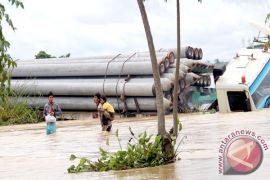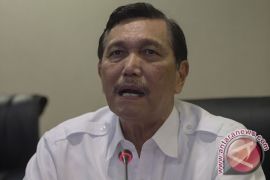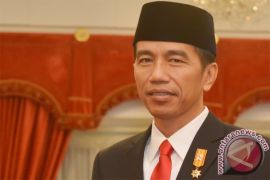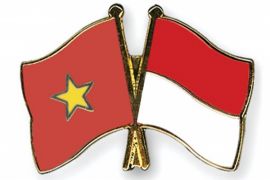"That central bank of the United States policy will seriously affect us. If we fail to anticipate it, we are facing an unexpected crisis," said Suroto, economist of the Association of Strategic Socio-Economic Cadres (AKSES) here Sunday.
Besides that, Indonesias political situation that was perceived by various parties "less conducive" might also contribute to the difficult condition, he said in response to the countrys economic prospect under the new government.
Suroto said the better condition of workforce in the USA would accelerate the recovery of the superpowers economy and this situation might encourage the FED to increase its interest rate in the first quarter of 2015.
In anticipating the unexpected economic crisis, he encouraged the related parties to finish the talks of the draft of banking bill.
"This agenda needs to be prioritized by considering the significance of the banking law," he said adding that the banking law itself was also important to respond to the implementation of the ASEAN Economic Community in 2015.
Looking at the exchange rate of rupiah against the US dollar, the political concerns may have contributed to the weakening of the Indonesian currency.
The Gadjah Mada University economist Tony Prasetiantono said he believed the countrys political situation had partly contributed to the weakening of the rupiah against the greenback.
"Market players still consider Indonesias political situations negative sentiments, despite our relatively good economic fundamentals," he said.
Indonesias economic fundamentals remained "good" with an inflation rate of about 4.53 percent, total reserves of 112 billion US dollars and expected economic growth of 5.2 percent, he said.
The global sentiments, such as the US Federal Reserves policies, did not contribute to the weakening of the rupiah, he said.
The currency was traded at Rp12,223 per US dollar through interbank transactions in Jakarta on Friday afternoon (10/10), having weakened by 37 points from its earlier Rp12,186.
(Reported by Hanni Sofia Soepardi/Uu.R013/M009)
Editor: Priyambodo RH
Copyright © ANTARA 2014








